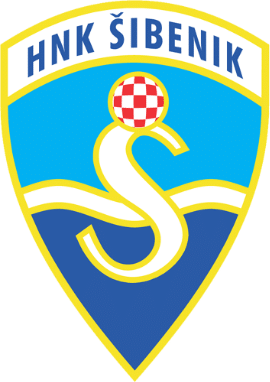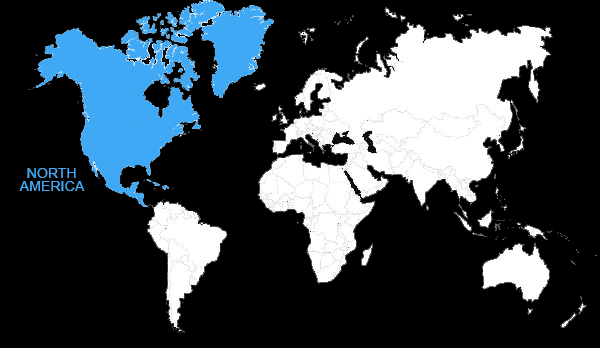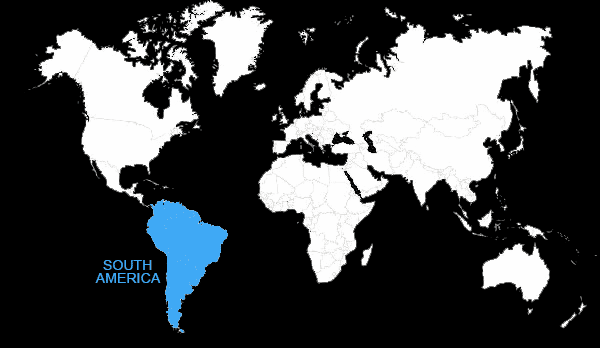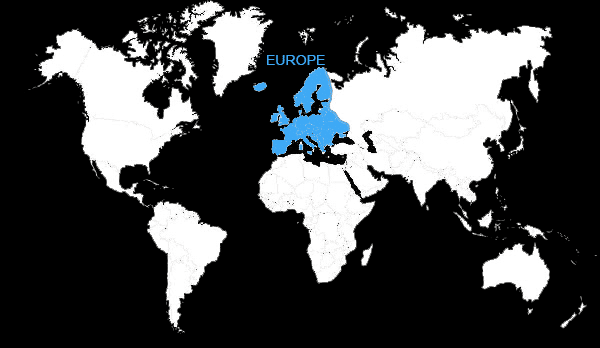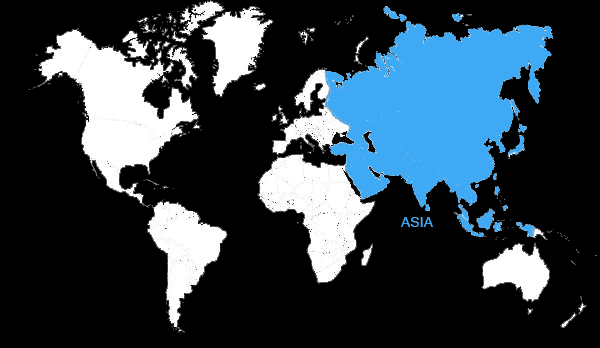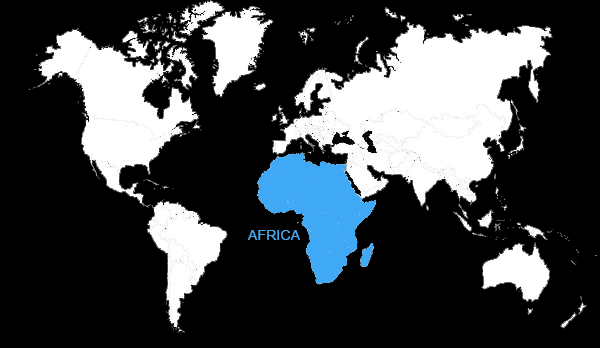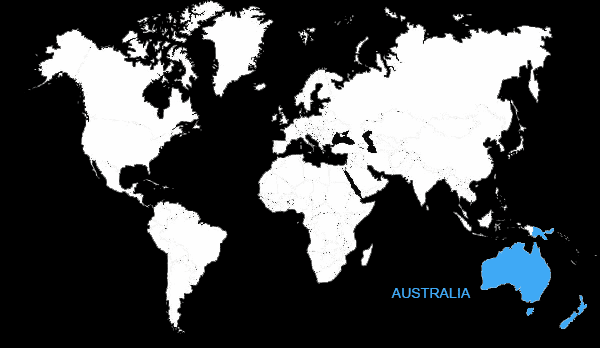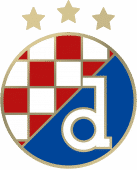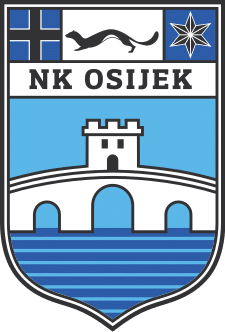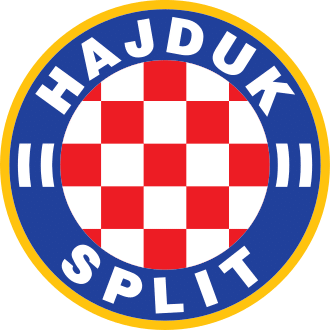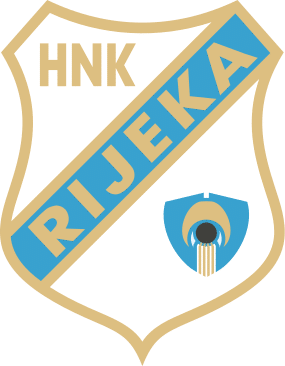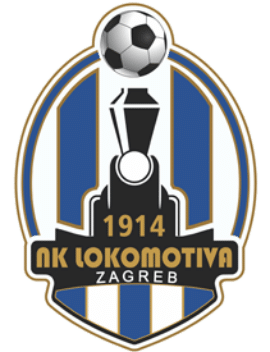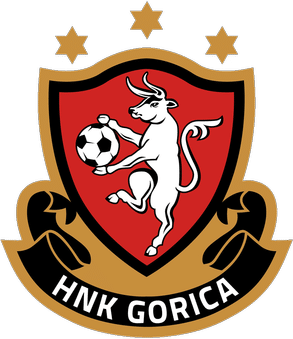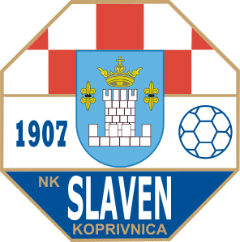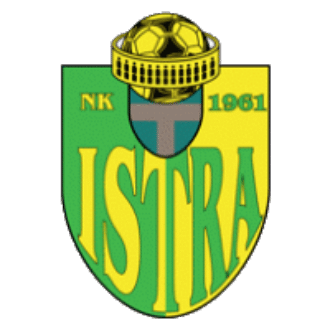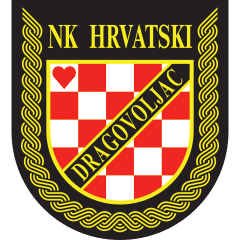HNK Šibenik Tryouts & Club Guide: History, Stadium, Players, and More!

Welcome!
Discover the world of soccer with fcscout.com, your go-to scout for club tryout information, club guides, player profiles, in-depth product reviews, and more. We’re dedicated to exploring and revealing the best in each domain, empowering you with knowledge to make informed choices.
Thank you for being here!
Hi, I’m Carlos! A coach, sports enthusiast, and the founder of FCScout.com.
I fell in love with the game at a very young age like many of you. I’ve been following and playing soccer for many years.
Throughout my career, I always enjoyed helping soccer players chase their dreams, which is why I started this website. I wanted to reach a larger audience outside of my local area and fcscout.com was born.
This website is a platform I will be using to update club pages on any tryouts, stadiums, players, tech, and more from clubs around the world. I also create free recruitment profiles for players looking to have that extra competitive edge when reaching out to clubs.
That’s it. That’s my pitch for you to stick around (or browse the site as you please).
This is already too much text for a “see more” drop-down button thing. If you want to reach out to me, head on over to my contact page 🙂

Hrvatski nogometni klub Šibenik better known as HNK Šibenik or simply Šibenik, is a Croatian professional football club based in Šibenik. It competes in the Croatian First Football League, the highest tier football in Croatia.
HNK Šibenik Youth Development System
In the football school HNK ‘Šibenik’ trains about 350 children who are divided into the following categories:

- PRE -COMPETITORS
(“spies”) players born in 2012, 2013, and younger
Coaches: MARIO RAK & JOSIP BELAMARIĆ
- ‘TIĆI’
players born in 2010-2011
Coach: IVE GRGAS GRANDO & IVO KREČAK
- JUNIOR PIONEERS
players born in 2008-2009
Coach: NIKO ŠKUGOR & ZORAN NINIĆ
- SENIOR PIONEERS
players born in 2006 – 2007
Coaches: IVO ŠUPE & MILE PETKOVIĆ
- CADETS
players born in 2004 and 2005.
Coaches: MARKO KARTELO & ANTE RAK
- JUNIOR
players born in 2002 and 2003.
Coach: ANĐELKO GODINIĆ
All trainers are professionally and pedagogically qualified to work with their category.
He is training according to the plan and program of the HNK ‘Šibenik’ football school, which was made by the head of the school, JOSIP BELAMARIĆ, and which was approved by the HNS. The coordinator of the football school is Ivo Šupe.
HNK ‘Šibenik’ football school has 10 competing teams competing in the I. HNL, I. HNL – JUG and ŽNS – Šibenik.
Today, in the circle of the first team, the following players emerged from the football school of HNK ‘Šibenik’: VUKOREPA, MALEŠ, ROCA, CELIĆ, FUŠTIN, M. BULAT. The offspring of the HNK ‘Šibenik’ football school are RAČUNICA, Z. SLAVICA, CUKROV, Ž. MARETIĆ, J. BULAT, I. BULAT, MATAS, TOMIĆ, KARTELO, GOVIĆ, SCHILDENFELD, RUKAVINA, KULUŠIĆ, ADEMI, A. and M. JAKOLIŠ, SPAHIJA, HUSMANI, ČALETA-CAR,…
HNK Šibenik Recruitment Trials
At the time of this writing, there is no official publishing’s on HNK Šibenik trials. Please come back at a later date while we monitor this club or click here to visit their official news section.
EXPLORE MORE CLUBS!
Explore more professional clubs by continent.
HNK Šibenik History
Workers’ Sport Association of Sibenik was the original name for the club when it was established in 1932. It was known as Radniko sportsko drutvo. Only at the first board meeting, which took place in August 1933, was the first president, Dr. Martin iin-ain, chosen to his position. This meeting was conducted in August 1933. They played their games in a stadium in the town area of Crnica, right near to the factory that makes La Dalmatienne.
On May 31st, 1936, the playing field was formally opened to the public. The first games ever played were in a tournament that took place in 1936 and featured ibenik, Osvit, Split, and A.K. as the competing teams. Ibenik also saw the establishment of its first officially recognized football club around the same period. The name of this organization was Osvit, and it was the organization that was in charge of building the ubievac Stadium.

The club, which was originally known as FD ibenik, competed in its first official league match in 1946 and went on to win the title of champion of the Dalmatia area the very next year. The new stadium of the club, which was opened on May 1st, 1948, was given the name of Rade Konar, who was known as “the people’s hero.”
Because of its first-place performance in the Croatian Republic League during the 1950–1951 campaign, ibenik became eligible for promotion to the Yugoslav Second League for the very first time in the club’s existence. On the other hand, they were demoted straight away, and it wasn’t until the 1954–1955 season that they made it back up to the second level.
In 1957, the club competed in the Yugoslav Cup and advanced to the semi-final round. The year 1983 marked Ibenik’s return to the Yugoslav Second League, where they competed in the West Division alongside 18 other clubs from Slovenia, Croatia, Bosnia and Herzegovina, and SAP Vojvodina. The division was made up of teams from all of these countries plus SAP Vojvodina.
In their first season (1983–84), they finished in fourth place, and in their second season (1984–85), they came near second, only three points behind the champion elik Zenica. However, they were unable to achieve promotion to the Yugoslav First League because of this deficit.
This was their greatest finish in the Yugoslav Second League performance in their whole history. Ibenik finished fifth in the table during the 1987–88 season, after spending the previous couple of seasons in the middle of the standings. Both in the 1988–1989 season, which was the first season of the Yugoslav Second League to use a single format instead of having two divisions (West and East), as well as in the 1989–1990 season, they were successful in maintaining their fifth place standing.
Ibenik competed in the First League of Croatian Football for a total of twelve straight seasons, beginning in 1992 and ending in 2003. In 2006, the club achieved a first-place finish in the southern division of the Croatian Second League and earned promotion to the first league.
Ibenik achieved its best-ever result in the domestic league in the 2009–10 season, finishing fourth overall. As a result, they are eligible to compete in the first qualifying round of the UEFA Europa League in the 2010–11 season for the very first time in the club’s history.
They were knocked out of the competition by Anorthosis Famagusta in the second qualifying round, losing 2–3 on aggregate. The team concluded the 2011–12 season in fourteenth place, which resulted in their being demoted to the second level. Ibenik finished in fourth place the following year, but due to ongoing financial issues, they were once again demoted to the third division. Ibenik finished in second place during the 2013–14 season, and its forward Miro Slavica won the accolade for the league’s top goalscorer by scoring 30 goals. Despite this, the team was unable to earn promotion, despite Slavica’s accomplishments.

Ibenik finished first in the third league – south in the 2014–15 season and earned promotion to the second league as a result of their accomplishment. Mirko Labrović takes over as manager in 2015. They finished a close second to Cibalia in the 2015–16 season, but they were unable to defeat Cibalia in the final match of the season, and as a result, they were unable to earn immediate promotion to the top tier of competition by only one point.
On May 29 and June 1, 2016, Ibenik faced off against Istra 1961 in the relegation play-offs. Both games ended 1-1, and the play-off was decided by a penalty shootout, with Ibenik coming out on the losing end. Ibenik concluded the 2018–19 season in a close second place behind Varadin, and the team once again participated in relegation play-offs against Istra 1961. The first match, which took place in ibenik, ended in a draw 1–1, but the second match, which took place on Stadion Aldo Drosina, resulted in Istra’s victory against them with a score of 0–2.
After eight years of play in the Croatian Second League, ibenik was finally elevated to the top flight on May 6, 2020, when the Croatian Football Federation made the decision to cancel the 2019–20 season of the Croatian First League.
HNK Šibenik Stadium
It is possible to refer to the association football stadium in the city of ibenik, Croatia, as either Stadion ubievac or just as ubievac. It serves as the primary playing venue for the HNK ibenik football club. There are 3,412 available seats out of the total capacity of 3,412 in the stadium.

During the time of the Communist regime, the stadium was known as Stadion Rade Konar and was given its name in honor of Rade Konar, the leader of the Yugoslav Partisans. The most recent time that it was updated was during the summer of 2020.
